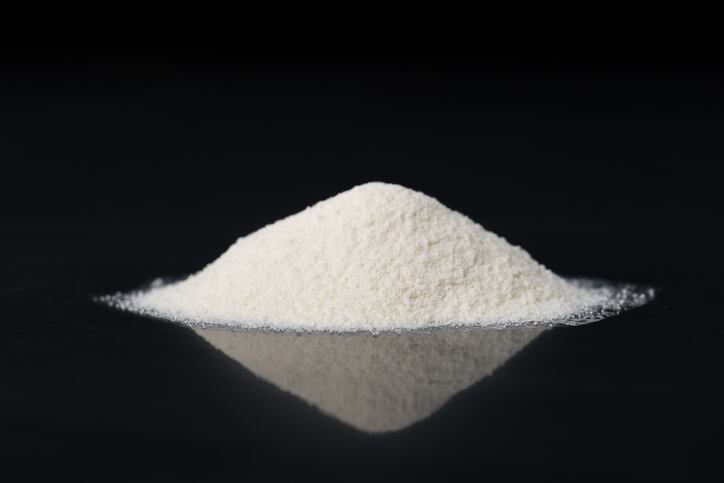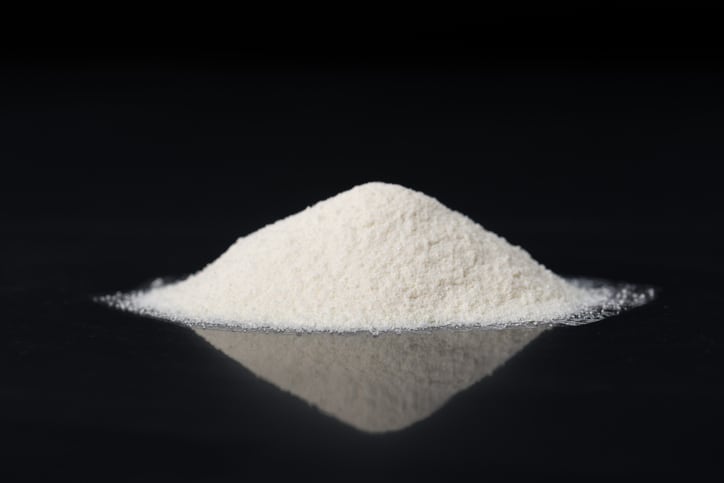Researchers at Liverpool University have been conducting a study to probe how people view products made using low calorie sweeteners as part of the EU Horizon 2020 project looking at novel sweeteners.
Through a questionnaire and factual analysis, they discovered two “salient subscales” in beliefs about the palatability of low-calorie sweeteners, lead researcher Dr Charlotte Hardman told FoodNavigator.
People who identify as frequent consumers of low-calorie sweeteners think that they taste good, while people who are non-consumers hold some very negative views of the ingredient. For this group, not only do they suggest low-calorie sweeteners “don't taste nice” but consumption is also associated with a number of negative health outcomes, including cancer risk.
“Public scepticism is very strong but the evidence out there is pretty weak,” Dr Hardman suggests, noting that many of the studies linking sweeteners to negative health outcomes are conducted on animals.
"The headlines can be very misleading... There is a perception that is very negative and isn’t in keeping with the scientific evidence… Safety is quite a big issue, the idea that they might cause cancer.”
Providing calorie control and pleasure
Despite the damaging image of low-calorie sweeteners, Dr Hardman’s team found that for people who are already frequent consumers the ingredient performs an important function. Statistically, this group was found to have both a higher body mass index and an ambition to limit calorie consumption.
“Frequent consumers believe low-calorie sweeteners help them to control their appetites. It suggests these products are satisfying two competing goals. With diets, it can often feel like a compromise. People who frequently consume low-calorie sweeteners believe it helps them fulfil their diet goals while also being nice and pleasurable. That is really important because pleasure is a big driver of food and drink consumption.”
The researchers in Liverpool concocted a lab test to see if access to low-calorie sweeteners really did help people control their calorie intake.
“Our study looked at how much people eat in a public setting… People are telling us that low calorie sweetened beverages help to control cravings and we did find some evidence to support that.”
The researchers looked at what happened to the consumption patterns of frequent low-calorie sweetener consumers when access to these beverages was withdrawn.
“When low calorie sweetened beverages were unavailable frequent consumers consumed more calories. They reported feeling less in control and more guilty.”
Challenging negative images
Dr Hardman concluded that low-calorie sweeteners play an important role in weight management. Noting that natural sweeteners can be “challenging” to work with, flagging stevia’s aftertaste issues as one example, she believes that the negative images around artificial sweeteners should be challenged.
According to Dr Hardman’s assessment, the food industry, the media and academics all feed concerns over artificial sweeteners in the public imagination.
“A lot of the food industry say ‘we don’t use artificial sweeteners’ playing into that idea that sweeteners are bad. There is a huge amount of work to do to educate consumers.”
The researchers at Liverpool University are now kicking off a long-term study that will examine the implications of low-calorie sweetener consumption over a number of years and with a larger sample group.
Dr Hardman is preparing to submit her findings to peer-reviewed journals. She will be presenting the research at the International Sweeteners Association conference being held at the Royal Society of Medicine, London, next month (6 November).


